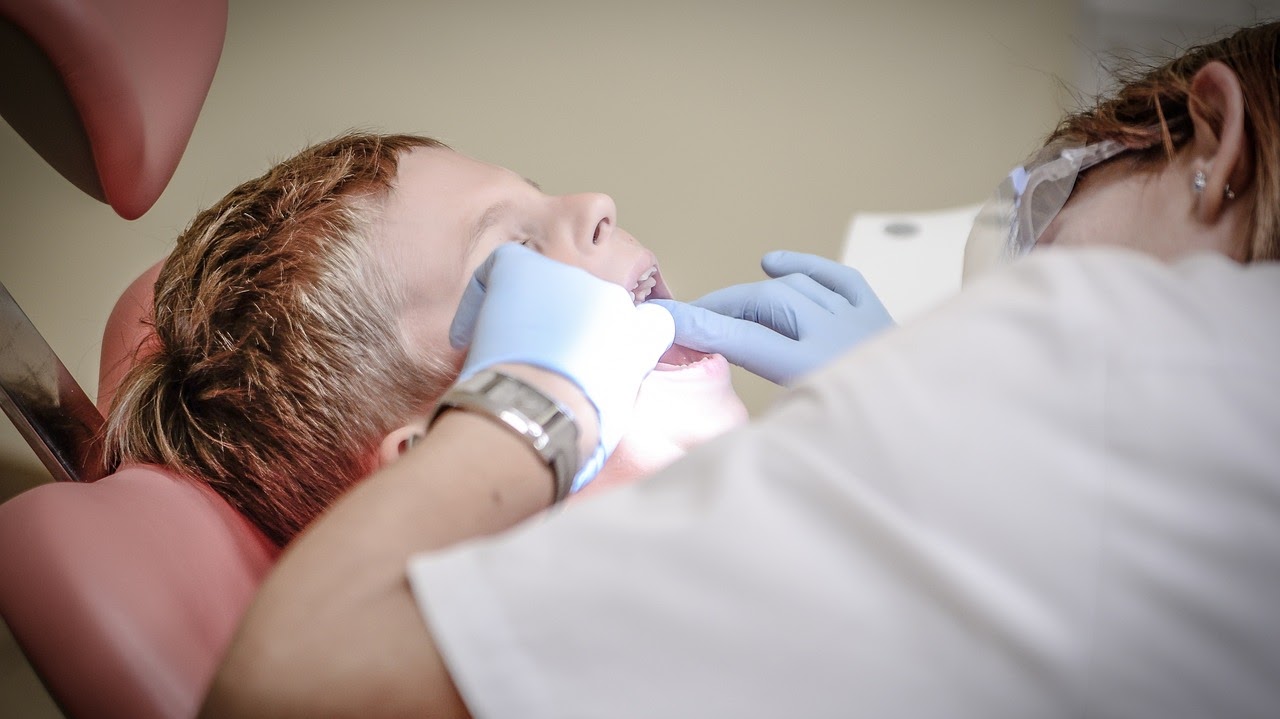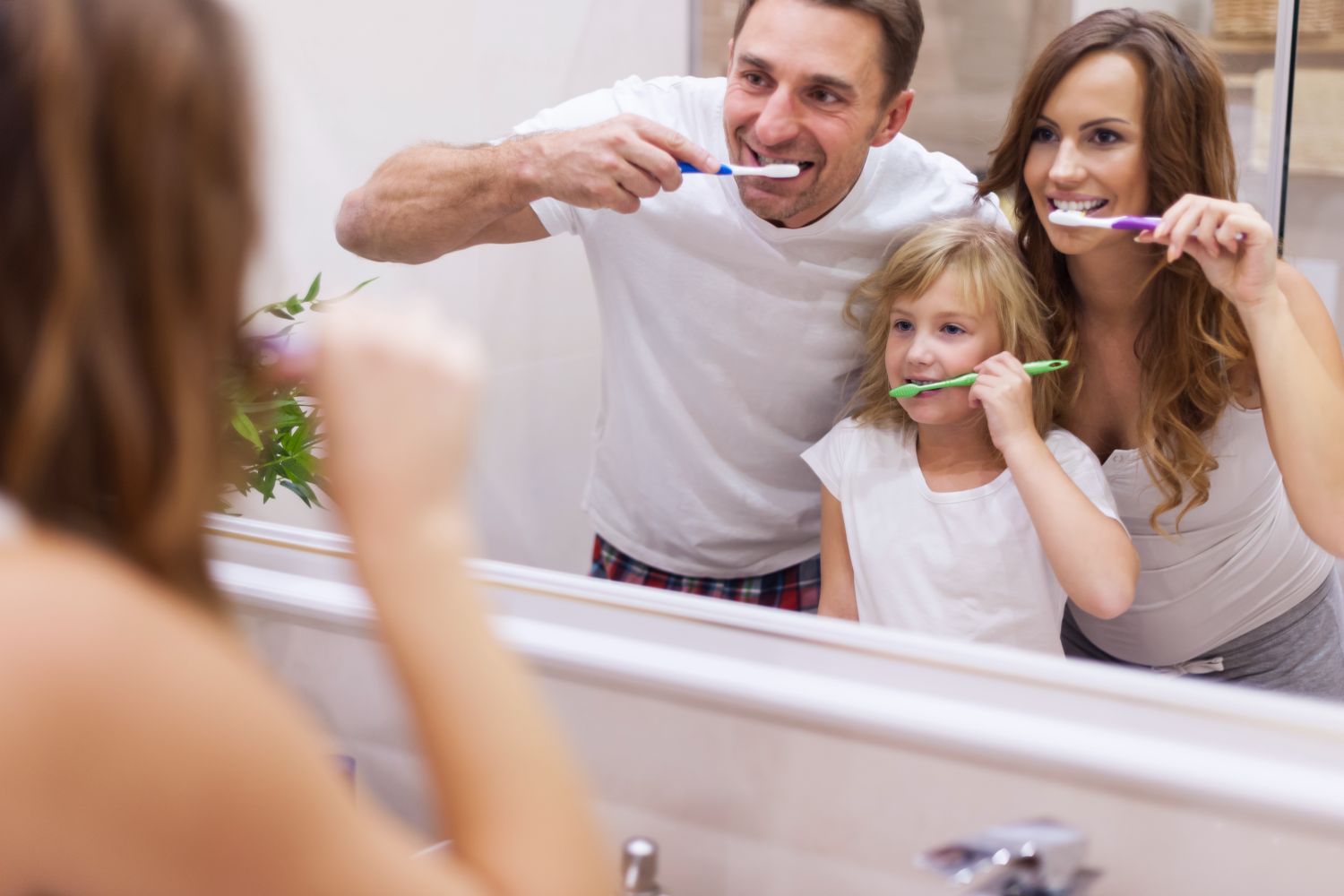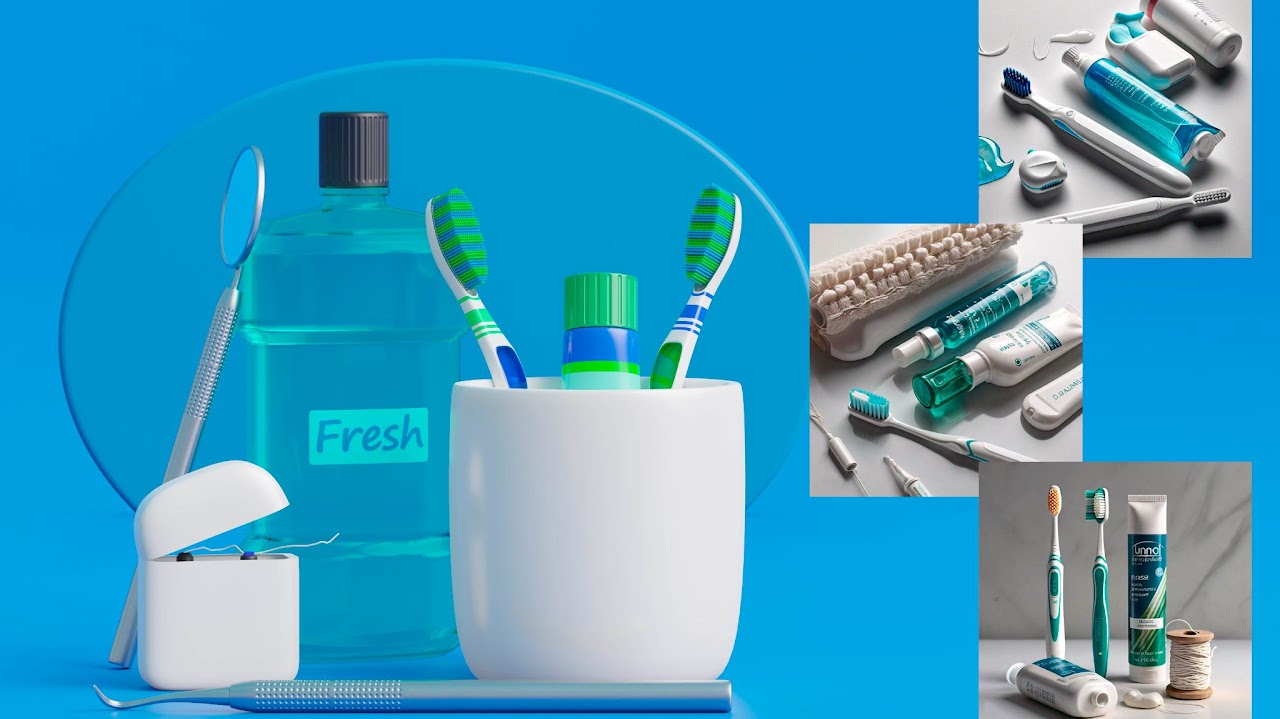Establishing good oral hygiene early is essential for your child’s long-term dental health. To build a healthy dental routine for your child, start with a soft-bristled toothbrush, fluoride toothpaste, and a consistent brushing and flossing schedule. Teaching proper techniques and making oral care fun helps create lasting habits that prevent cavities and gum disease. In this guide, we’ll cover the key steps to ensure your child’s smile stays bright and healthy!
Why Is Children’s Oral Health Important?
Taking care of your child’s oral health is a crucial part of their overall well-being. Tooth cavities can occur even at a young age and cause serious problems for children. Healthy teeth are an essential part of a child’s social and academic life. While some studies suggest that tooth decay can lead to fewer social interactions and result in isolation, others argue that poor dental health affects academic performance. A study shows that children with dental health problems are more likely to miss class and experience poorer outcomes.
The Canadian Dental Association (CDA) states that Early Childhood Tooth Decay (ECTD), also known as Early Childhood Caries (ECC), can occur between birth and 71 months of age. Therefore, the CDA strongly suggests using preventive approaches, such as home care, as well as therapeutic approaches, like frequent dentist visits, to reduce the risk of ECC. However, home care should vary based on the child’s age. For toddlers, caregivers should handle almost everything, while for preschoolers, close supervision may be sufficient. Keep reading to learn more about what parents should do for their children’s dental health at every stage of their growth.
Your Infant Needs Oral Hygiene Too
The same process of plaque buildup occurs in an infant’s mouth. Sugar in milk, formula, juice, or other liquids can harm even primary teeth. However, you should start cleaning your child’s mouth before the first tooth appears. From age 0 to 6 months, before the first teeth emerge, clean the gums with a clean, moist cloth. After the teeth begin to grow, a toothbrush is needed. The most important criteria for choosing a toothbrush for a baby are size and softness. Make sure to use a soft-bristled toothbrush that fits the baby’s mouth. Help your child brush twice a day for two minutes, with one session before bedtime. Watch this video for more tips on how to clean an infant’s mouth.
Watch: Oral hygiene for infants
Need Some Motivation? Don’t Miss These 3 Tips
Until your child can hold a pen and write their name, you’re responsible for brushing their teeth. As they grow older, though, it can become more challenging to keep them motivated to brush and floss. But that doesn’t mean it’s impossible to help them build a healthy routine. Here are some tips to make brushing a fun activity:
- Songs: Children love upbeat songs. You can find a fun song to sing along with your child while brushing. Remember, kids mimic what you do, so make sure you prioritize your dental health to show them how important toothbrushing is.
- Rewards: Consider offering rewards like stickers. You could give your child a star sticker for each brushing session, and after they collect 10 stars, treat them to a fun activity like a movie night.
- Activities: The CDA suggests the EggSperiment Activity to encourage children to brush their teeth. This experiment shows how fluoride in toothpaste protects teeth from decay using eggshells as a model. Both eggshells and teeth can be weakened by acid. In this activity, you coat one side of an egg with fluoride toothpaste and leave it in vinegar (a weak acid) for several days. The protected side stays strong, while the unprotected side softens, illustrating how fluoride helps prevent acid damage. This simple experiment can be done at home with everyday materials.
Building a healthy dental routine for your child is essential for their long-term well-being. By starting early and using fun, engaging methods like songs, rewards, and educational activities, you can instill good oral hygiene habits that will benefit them for a lifetime. Remember, the habits you help them form today will pave the way for a healthy, confident smile tomorrow.
References:
https://www.cda-adc.ca/en/about/position_statements/ecc
https://www.mouthhealthy.org/life-stages/babies-and-kids/fun-ways-to-encourage-kids-to-brush
https://www.cda-adc.ca/en/oral_health/teaching_resources/eggsperiment.asp




